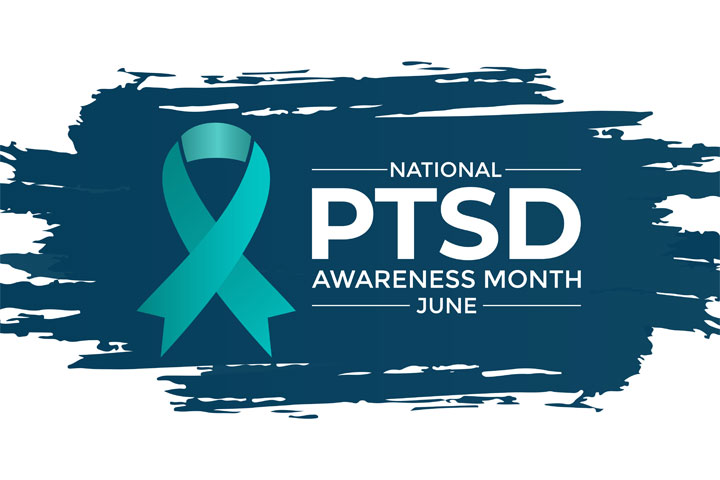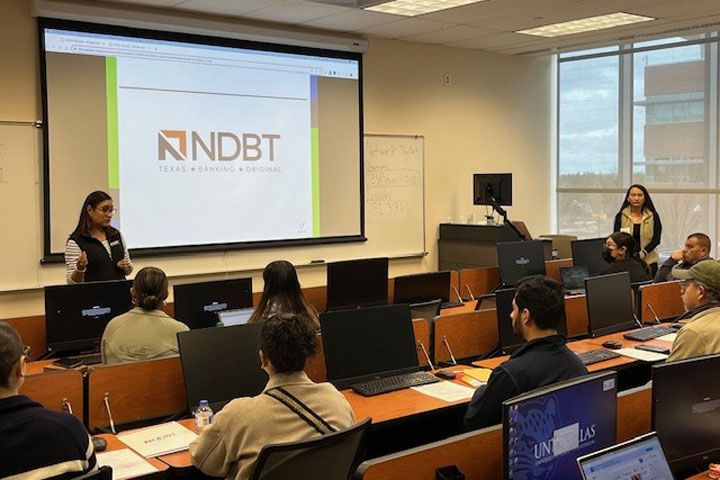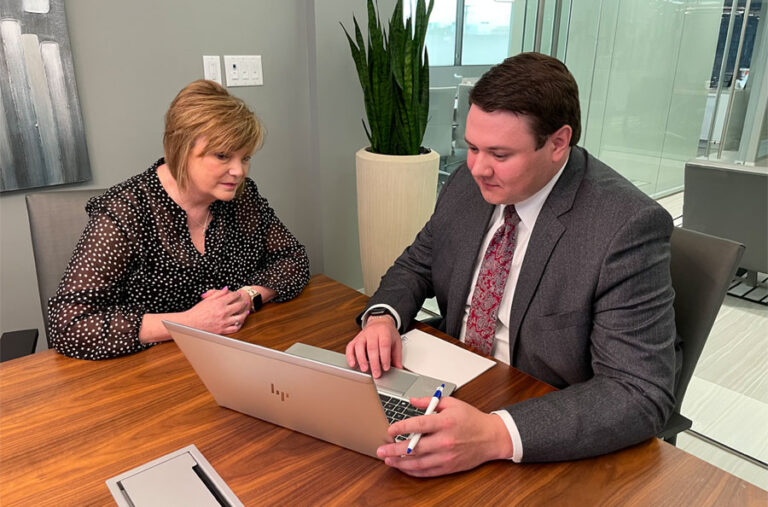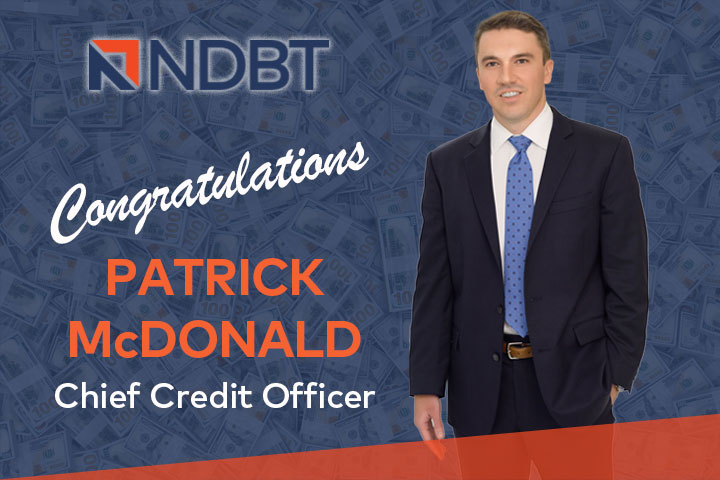June is National PTSD Awareness Month
The following is a personal message from one of our own.
Many among us are not only coping with PTSD but also with the stigma that surrounds it. As PTSD Awareness Month begins, it’s crucial to recognize that misconceptions about PTSD can be almost as damaging as the invisible wounds themselves.
Breaking the stigma of PTSD starts with showing that it’s okay to be open about our struggles and that even in our darkest moments, brighter days are ahead. I want to share part of my journey in hopes that others feel empowered to do the same.
First and foremost, PTSD is not a flaw or a weakness. It is a natural response to traumatic experiences. Unfortunately, many face judgment and unfair treatment because of this response.
PTSD has been a part of my life since returning from the Gulf War. In the days, weeks and months following my deployment, it often felt like the battlefield, my fallen brothers and the sights and sounds of the war had followed me home.
I was tormented by visions of the mortally wounded, the smell, the sound, the stress, the pressure, and the fear was so vivid, so real, that I was right back in that moment in that place. Every unusual or unexpected sound in the night, convinced me that the enemy was coming down the hallway to get me. I couldn’t drive, fearing that every car on the road concealed IEDs or enemy insurgents. Loud noises or being startled would cause me to duck and cover or hit the ground taking up a low defensive position.
These fears and reactions were not irrational; they were deeply ingrained responses from my time in combat. I felt broken, weak, and worthless. Having been conditioned not to share my “war stories,” “insecurities,” and “fears,” and to repress my emotions, made me feel that opening up and talking about my struggle was simply not an option.
It could have ended badly for me, and for many it has. I was surrounded by darkness, and I just couldn’t find a way out. Fortunately, with the support of my battle buddies, my friends, family, and the courage to seek help, I began to reclaim my own life.
Even though I’ve found ways to manage my PTSD, I still feel its effects and witness the stigma surrounding PTSD in my life and in the lives of others. I am saddened by the “blanket” reactions to a PTSD diagnosis that I have seen. These reactions often do more harm than good. No two people or experiences are the same, and treating those that suffer differently than others is simply not right.
I have witnessed the struggles of my friends who have been denied their pilot’s licenses, denied insurance coverage, or lost job opportunities because of their PTSD diagnosis. The diagnosis alone, not their abilities, skills, or experience, or lack thereof, but a simple label attached alongside their name. A misguided belief that someone with PTSD cannot do something or be great at something or that they are just simply unable to handle the rigors and stresses of life. While it is true that those that suffer may find it difficult to relate to others or at times have a difficult time concentrating, they are by no means “unable.” These negative reactions can discourage other people from seeking help, causing them to hide their struggle instead of finding the peace that they need, crave, and deserve.
I remember the sounds of the warning sirens as scud missiles were fired at our location, the bright fiery streaks of the Patriot missiles, and the constant surges of fear and adrenaline. To this day, when I hear a tornado siren, I am instantly back in that moment, and stress and negative emotions wash over me. Sometimes I have nightmares and wake up drenched in sweat, my heart racing and in a terrible mood.
While my PTSD stems from the constant stress and hypervigilance of the battlefield, many who suffer do so as the results of the traumatic loss of a loved one, automobile accident, domestic violence or any other event that was shocking, scary or dangerous.
PTSD destroys lives every day, none more so than the military veterans who served in combat theatres around the world. As many as 23 veterans a day lose their fight and end their life in suicide. It is my hope that we can shift the perceptions of PTSD and that one day soon we begin to support and elevate those affected, rather than repress and shun them. Let’s endeavor to support and encourage those that need it, lets work to remove the fear and stigma surrounding a condition that according to the National Center for PTSD, a program of the U.S. Department of Veterans Affairs, about six out of every 100 people will experience PTSD at some point in their lives.
To the estimated 8 million people in the Unites States living with PTSD, know that your experiences are valid, and your strength is immense. Asking for help is not a sign of weakness but a testament to your bravery. If you ever feel like there’s nowhere else to turn, PLEASE reach out to someone you trust or call on one of resources below:
National Suicide Prevention Lifeline:
Call 24/7: Dial 988
Online: www.suicidepreventionlifeline.org
Veteran’s Crisis Hotline: Dial 988 and Press 1
Text: 838255
Online Chat: www.veteranscrisisline.net/get-help/chat
Resources: https://www.veteranscrisisline.net/
Battle Buddy Response Team:
Online: www.battlebuddyresponseteam.org
Call Out a Veteran Response Team: 855-777-2278
Stop Soldier Suicide:
Online: www.stopsoldiersuicide.org
Immediate Response: 844-503-2339
Crisis Textline:
Online: www.crisistextline.org
Text: TALK to 741741
Angels With Demons:
Online: www.angelswithdemons.org
Facebook Support Group: https://www.facebook.com/groups/3888502397846134/







